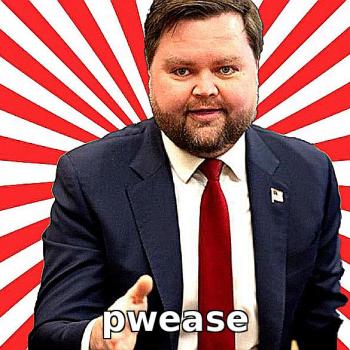
In the labyrinth of Christian vernacular, “forgive and forget” stands out as a particularly misleading directive—one that’s as conspicuously absent from the Bible as humility from a televangelist’s repertoire. This phrase, peddled with zeal typically reserved for last-minute conversions, is about as scripturally sound as a prosperity gospel pamphlet found in a Vegas casino’s trash can. It’s the ultimate spiritual mic drop, tossed around with the intention to obliterate conflict and soothe souls, yet it remains an unbiblical farce, a spiritual sleight of hand deceiving believers and non-believers alike.
The Psychological Peril of Forgetting
Anne Lamott brilliantly captures the essence of forgiveness, comparing unforgiveness to drinking rat poison and waiting for the rat to die. This vivid imagery underscores the liberation found in forgiveness, a release from the toxic grip of harbored resentment. Yet, transitioning from forgiving to forgetting introduces a perilous leap. The insistence on memory erasure as a testament to true forgiveness borders on psychological negligence. It’s akin to spiritual gaslighting, telling the wounded, “Your pain doesn’t matter enough to be remembered,” undermining the resilience of the human spirit.
Memories, especially those tied to trauma, are not scraps of paper to be tossed into the fire. They are etched into our very beings, shaping our futures and worldviews. To demand forgetting is to ignore the complex web of human psychology, suggesting healing lies in amnesia rather than in confronting and processing hurt.
The Dangers of Weaponizing Forgiveness
The phrase “forgive and forget,” when misused, becomes a spiritual cudgel wielded to quell dissent, silence victims, and uphold the status quo. It’s a favorite tool in the Christian manipulation toolbox, aiming to silence suffering and sanctify perpetrators. This misuse prioritizes the facade of unity over the well-being of the wounded, often forcing them back into situations where their boundaries are continually disregarded.
Forgiveness Without Amnesia: A Path Forward
True healing requires more than just forgiveness; it demands acknowledgment of harm and a commitment to change. Forgiveness can be a solo journey—a decision to release oneself from the grip of bitterness. Reconciliation, however, is a mutual process, one that cannot proceed without genuine repentance and a safe environment. Rejecting the simplistic and harmful dictum of “forgive and forget” allows for a deeper understanding of forgiveness, one that respects the pain and strength found in our experiences and memories.
A More Honest Expression of Faith
Let’s bid adieu to the non-biblical mantra of “forgive and forget,” stepping into a more honest, humane expression of faith—one that acknowledges pain, demands accountability, and embodies the compassion and complexity of Christ’s teachings. It’s time to recognize that while forgiveness may be divine, the act of forgetting is not only human but deeply flawed. Our memories are not a sign of unforgiveness or a failure of faith; they are, in their own sacred way, a form of truth-telling, a refusal to let the narrative be rewritten by those who would rather erase their misdeeds than face them.
For more Snarky Faith check out the podcast:














